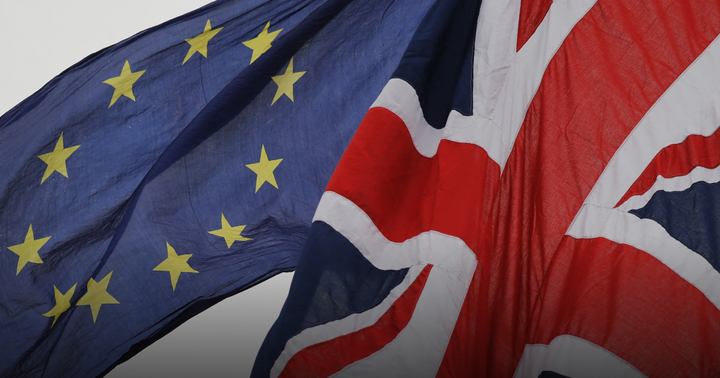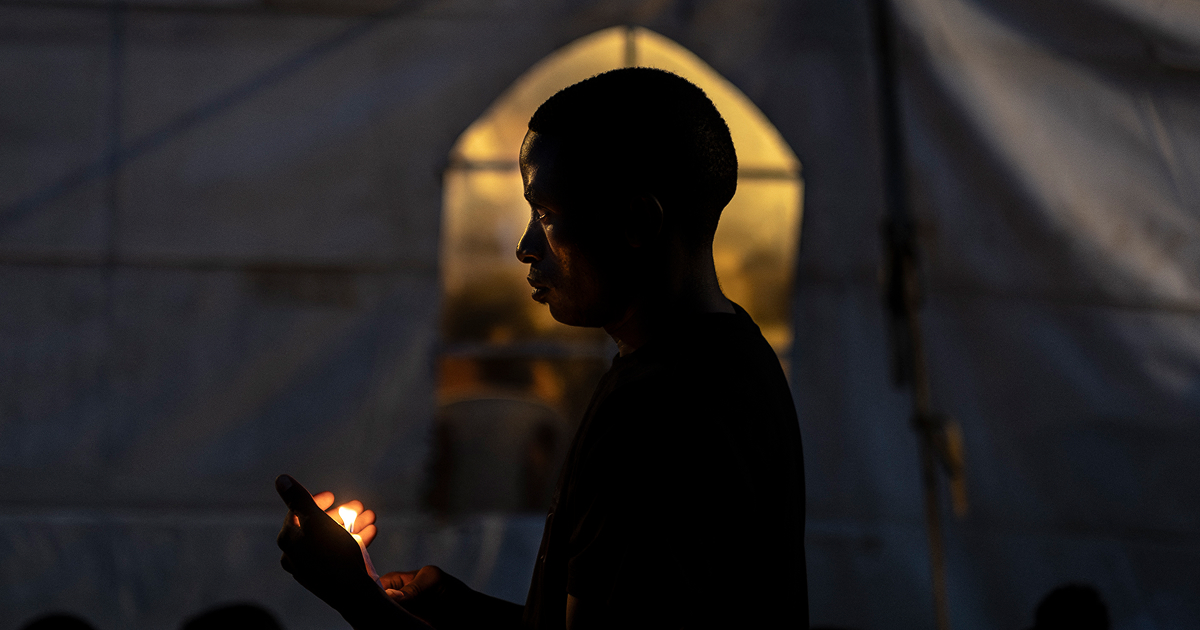Catholic teaching insists politics must serve the common good, while history shows that even the deepest ruptures can be reversed. Hence Lord Michael Heseltine’s recent warning is clear and relevant: Brexit may not last.
In the years since the 2016 referendum, Brexit has often been spoken of in the language of permanence. “Taking back control” was not simply a policy choice but a final break with Europe, an irreversible assertion of sovereignty. To question it is to invite the retort that “the people have spoken” and the matter is settled for good.
Yet history – and indeed our faith – reminds us that political settlements are rarely as permanent as they seem.
In 1649, following years of civil war, King Charles I was executed. Parliament quickly abolished the monarchy altogether, declaring England a Commonwealth. To contemporaries, this felt like an epochal change. Pamphlets proclaimed monarchy “unnecessary and dangerous”. For more than a decade, England was a republic under Oliver Cromwell and then, briefly, his son.
But permanence proved illusionary – by 1660, the monarchy had been restored in the person of Charles II. What had been declared dead and buried returned to the centre of public life. An act that seemed irreversible was undone in eleven years.
This precedent matters for how we think about Brexit. Like the abolition of the monarchy, Brexit was presented as a definitive rupture – the restoration of sovereignty after decades of shared European membership.
But sovereignty itself is not a fixed possession. It is a responsibility exercised in relationship with others and it can be configured in many ways. What was “taken back” can also be given, shared or reframed when the common good requires it.
History shows us that sovereignty is not about isolation but about stewardship. During the Restoration, Charles II did not simply re-occupy his father’s throne; he had to govern within a new settlement that acknowledged Parliament’s growing authority.
The lesson is clear: reversals are rarely simple returns to the past, but creative adaptations to present needs. If Brexit is ever re-shaped or even reversed, it will not be a return to 2015 but will, instead, be something different – a new arrangement designed for changed realities.
Catholic social teaching is instructive here. Our tradition insists that political authority must always be ordered to the dignity of the human person and to the flourishing of the community. Sovereignty is not an idol to be worshipped; it is a trust to be exercised wisely. When a political arrangement fails to serve justice or peace, it can and should be reconsidered.
Already, the strains of Brexit are evident. Farmers struggle with labour shortages. Small businesses groan under the weight of new trade frictions. Young people – overwhelmingly pro-European – face narrowed horizons. Beyond economics, Brexit has deepened polarisation, leaving families and communities divided.
Lord Heseltine recently sharpened the point. Interviewed on CNN, he warned that Brexit has left Britain “a lonely person sitting outside the conference table”. He is convinced reversal is not a matter of if but when – driven by generational change and the harsh economics of separation.
Multiple youth surveys suggest that majorities of under-25s favour returning to the EU, a striking generational contrast with older cohorts. In time, that electoral reality may assert itself. If Brexit becomes the new orthodoxy, it is one already losing legitimacy among those who will shape Britain’s future.
The question, then, is not whether Brexit is irreversible, but whether it serves the common good. If, like the failed republican experiment of the 1650s, it fails to deliver stability, prosperity and solidarity, then history suggests that change will come. Perhaps not tomorrow but inevitably.
For Christians, this should not surprise us. Our faith is rooted in the belief that history is open, not closed: human arrangements, however entrenched, are subject to renewal and even reversal. Resurrection is written into our history. To treat Brexit as an eternal settlement is to forget both history and theology.
Britain’s future relationship with Europe, and for that matter the rest of the world, will not be decided by nostalgia and slogans, but by whether our political order serves the dignity of people, especially the most vulnerable. If it does not, then like the monarchy in 1660, another reversal may yet come.
Perhaps history will have a final flourish. The monarchy was abolished under Charles I and restored under Charles II. It may not be too fanciful to imagine that Britain’s return to Europe, if it comes, will happen under Charles III.
Brexit is not a sacred covenant. It is a political arrangement and like all such arrangements, it can be judged, reimagined and if necessary, undone.
Photo: graphic by Arcadia
Kofi Amegashie is Senior Lecturer and Course Lead in Business Management at St. Mary’s University, Twickenham. His research and practice focus on executive education, leadership ethics and the role of mission in higher education strategy. The views expressed are those of the author and do not reflect the views of St. Mary’s University

















